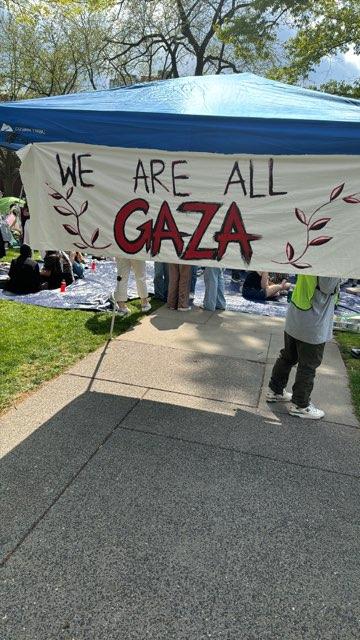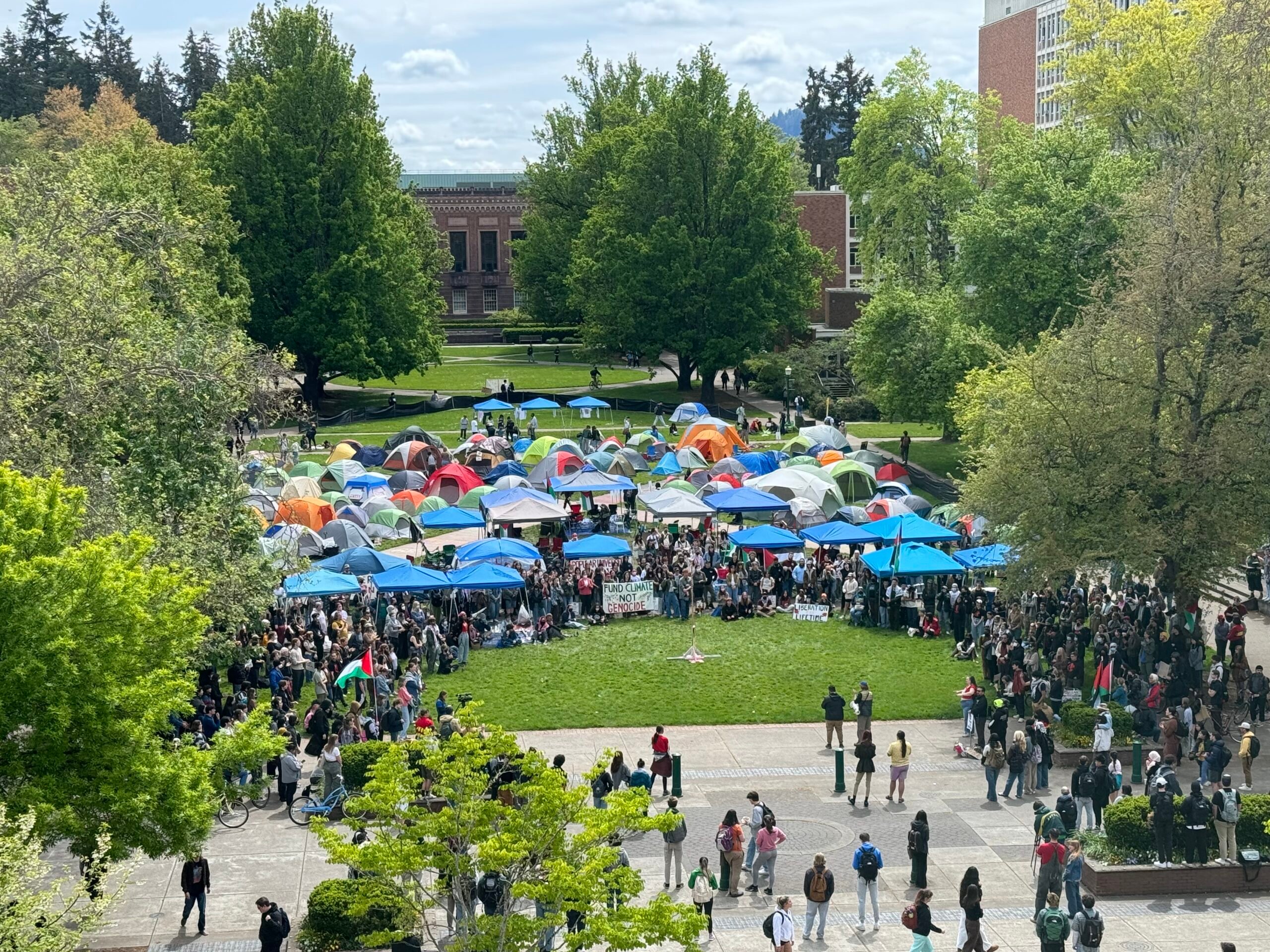I recently delivered a shiur during which I mentioned the halacha of the Shulchan Aruch (Orach Chaim 447:4) that bitul, nullification, applies to chametz before Pesach, but not on Pesach. And what particularly surprised me was that almost none of the people present had ever heard of this rule—notwithstanding the fact that all of them have attended various Shabbat HaGadol drashot over many years. My question is: how could this be?
To answer, I would like to refer to a different chapter in the Shulchan Aruch (Orach Chaim 429:1) which states, on the basis of Gemara Pesachim 6a that, “we should begin asking and addressing questions about the halachot of Pesach from 30 days before Pesach.” As Rav Yosef Karo (1488-1575) explains, this is to ensure that there is sufficient time “to inform the people, lehodi’am la’am” about all the halachot relating to Pesach, and to give them the requisite time to do whatever preparations they need for Pesach (Beit Yosef on OC 429). On this basis, one would expect to find many practical hilchot Pesach shiurim in Jewish communities during the month before Pesach.
However, as Rabbi Yoel Sirkes (1561-1640) informs us (see Bach on Orach Chaim 429), this custom was dropped once many Jews moved to far flung places—thereby making attendance at regular lectures throughout the 30 days before Pesach incredibly difficult. Instead, it was decided that the residents of local villages and towns would come together in one large location for the Shabbat before Pesach in order to hear a drasha on hilchot Pesach, after which they would stay in that location for the duration of Pesach. In fact, according to Rabbi Sirkes, this is why this Shabbat is called Shabbat HaGadol, meaning the large Shabbat, because large crowds would be present to hear this important pre-Pesach talk.
Unfortunately, the problem which subsequently arose was that the presence of this large audience served as a temptation for the rabbi to share more dazzling content in order to impress the crowd. Consequently, rather than teaching hilchot Pesach along with a few words to stir the heart and soul, rabbis chose to deliver more intellectually impressive yet less practically useful sermons. Still, as Rabbi Sirkes makes clear (see Bach on Orach Chaim 290), such a choice is improper, it negates the purpose of the sermon and it stems from a sense of hubris.
But why would a rabbi misuse the Shabbat HaGadol drasha for other purposes given the importance of teaching hilchot Pesach? The answer to this question is provided by Rabbi Eliyahu Spira (1660-1712) who writes that, “since books are available to the masses, rabbis have now chosen to deliver sermons on aggadah” (Eliyah Rabbah OC 290:2). What this means is that with the availability of the printed book, rabbis “outsourced” the teaching of hilchot Pesach to books—which then freed the Shabbat HaGadol drasha for the rabbi to use for whatever topic he wanted.
Interestingly, both Rabbi Shnuer Zalman of Liadi (1745-1812) in his Shulchan Aruch HaRav (OC 429:3), and the Chafetz Chaim (1838-1933) in his Mishna Berurah (OC 429 se’if kattan 2), address the duty of learning hilchot Pesach from books in the 30 days prior to Pesach. At the same time, both firmly criticize those rabbis who use their Shabbat HaGadol drasha to impress crowds with pilpul or derush at the cost of teaching them hilchot Pesach.
Nowadays, while it would seem that there is an expectation of Jewish men and women to independently study hilchot Pesach from books, I am unaware of rabbis who explicitly guide their communities about which books to study or which halachot to review.
Beyond this, though there are those rabbis who speak about hilchot Pesach in their Shabbat HaGadol drasha, there are many others who, seemingly on the basis of the Eliyah Rabbah’s “heter, allowance” use this opportunity to discuss non-hilchot Pesach related topics. Still, as my opening anecdote suggests, this choice comes at the cost of some Jews not knowing certain fundamental rules of hilchot Pesach.
Having said all this, we may nevertheless wonder why a rabbi would prefer teaching an abstract and impractical topic in their Shabbat HaGadol drasha over teaching “simple” hilchot Pesach? Sadly, I suspect that the reason is, as noted by Rabbi Sirkes (Orach Chaim 290), “[in order for a Rabbi] to present himself as being a wise person, chacham,” as opposed to appearing as if he is a tam, simple one.” But is the chacham always smarter and better than the tam?
In his 1964 sermon titled “Be Not Over Wise,” Rabbi Norman Lamm addresses this distinction where he explains how we’ve sadly mistranslated tam as being simple, when it actually means wholesome. In fact, he then adds that the tam is just as smart as the chacham, but he simply has no desire to display his learning or prove how smart he is.
In this spirit, Rabbi Lamm states that we are afflicted today by a drive for “too much chochma and too little temimut,” meaning too much striving to appear smart, and too little endeavour to be wholesome. Yet, as he then points out, even Shlomo HaMelech, the chacham of all men, reminds us, “al titchacham yoter, do not to be overwise” (Kohelet 7:16).
In conclusion, while there is a temptation for rabbis to impress, it is essential they remember that they primarily have a duty to inform the people (lehodi’am la’am), and if they are genuinely relying on outsourcing the teaching of hilchot Pesach to books, then I believe that this needs to be done in a more deliberate and thoughtful way.
Chag Sameach!
Rav Johnny Solomon is a Torah teacher, motivational speaker and spiritual coach. Born in the UK and now living in Israel, he teaches Halacha and Jewish Thought at Matan and Midreshet Lindenbaum, and he provides online spiritual coaching and halachic consultation sessions to men, women and couples as #theVirtualRabbi.












